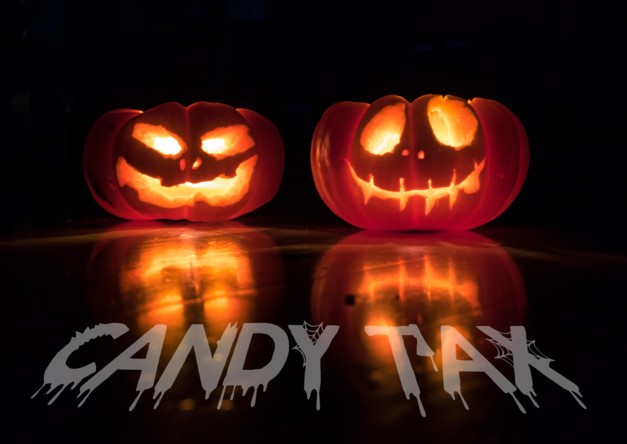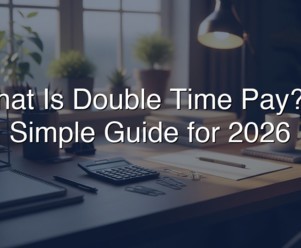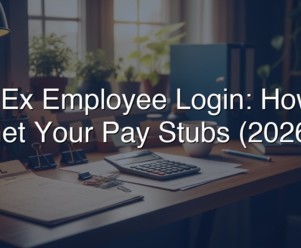Halloween Candy Tax: Is Bulk Candy Purchase Still worth it?
By Jaden Miller , October 28 2020

Bulk Candy purchase day oh, I mean Halloween or All Hallows eve, an occasion every American patiently waits all year for. The eerie decorations, the pumpkin smells, the spooky costumes, and most of all the candies and treats that make Halloween the special occasion it is. 2020 may not include our usual Halloween traditions or office dress-up parties but it does bring with it some ghostly greetings and some Halloween candy tax. Read on for some freaky unravelings.
2020 Celebrations
According to the national retail federation, 62% of Americans in 2020 said they would celebrate by handing out their bulk candy purchase, 18% said they would dress their pets in spooktacular costumes and 15% said they would visit a haunted house. With social distancing and hygiene imperatives, Americans are not deterred from celebrating their favorite holiday even if by untraditional standards.
Overall the statistics show that the average American spent about $92.12 this year on Halloween to ensure a memorable experience even during these frustrating and candy tax times.
Snack Tax- Yes it exists
Costume parties may be off the table this year, but there’s nothing stopping you from enjoying a nice evening at home with piles of Halloween candy... or is there? Heard of Halloween candy tax? Just add in 1 more ghoul to 2020. Unfortunately, this does exist and each of the states handles it differently.
Different states impose different laws on very many matters. Some states even have no income tax. Most states, however, that impose a general sales tax offer an exemption on groceries, but, and here’s where it gets tricky is a chocolate bar considered part of grocery shopping? What about beverages? Is there really a candy tax? Read on for a mind-boggling revelation.
Sales tax rates are imposed for the following snack products: candy, chips/pretzels, ice cream, popsicles, milkshakes, and baked goods.
It also makes a difference in which location you are at whether it is a grocery store or a vending machine. Several variables dictate the extent to which each product is taxed. Some snack tax can go up even at a higher rate than food.
This is generally known as a disfavored tax. Additional variables include state FIPS code and even the year. When food is defined and categorized as a necessity based on its nutritional value, sodas and candies are among the first products to be added to the “taxable” list. This poses numerous other obvious questions about a host of other food items such as chips, chocolate treats, baked goods, and ice cream.
Certain state definitions can make candy and soda taxation nonsensical. Twenty-four states align with the Streamlined Sales and Use Tax Agreement (SSUTA), which explains that candy is different from other treats and sweet foods since it comes in the form of bars, drops, or pieces, and does not contain the ingredient “flour” thus introducing the Halloween candy tax!
In terms of candy tax, the base uniformity across states is good, but this particular definition leads to some interesting individual perceptions. The most prominent one being, if you bought a Hershey’s® bar, it would be subject to sales tax but, prepare to laugh, if you bought a Twix® bar, it would be tax-free!
Similar riddles appear when you get into various perspectives in definitions between prepared food and takeaway food: a rotisserie chicken, for instance, would be taxed if it’s warmed up, but it would be left untaxed if it was to be packaged and refrigerated. Mind blown yet?
State To State Differences
Forty-five states as well as the District of Columbia charge a sales tax. Of those, thirty-two states and the District of Columbia exempt groceries from their sales tax base. However, Twenty-four states and D.C. do not consider candies and sodas as part of groceries and therefore the introduction of candy tax!
The following eleven states exempt groceries from their sales tax, and you may consider yourself lucky if you reside in one of them. These eleven favored states consider both candy and certain beverages as part of groceries hence untaxed- Hooray!
- Arizona,
- Georgia,
- Louisiana,
- Massachusetts,
- Michigan,
- Nebraska,
- Nevada,
- New Mexico,
- South Carolina,
- Vermont,
- Wyoming.
The 6 states below apply a tax at a lower privileged rate on groceries and here’s the best part, candies and sodas are considered part of groceries!
- Arkansas,
- Illinois,
- Missouri,
- Tennessee,
- Utah,
- Virginia
The state of Arkansas and Illinois exclude soda and candy from their tax decision, thereby taxing them at the standard rate.
Haunted Candy Tax
Some of you just might be deviated from bulk candy purchase right about now, or even consider them haunted and tainted with bizarre tax dollars. Give yourself a break and a treat. You’ve come this far in this crazy year, don’t let this news topple you over. Halloween candy tax is just another thing we need to endure. Spooky spells and a Boo to you from our crew!
If you would like to know more about us, visit our homepage for some more tax-related information to keep you in the know! Get started using our paystub maker today!
Similar Articles
We’ve helped numerous individuals and businesses create professional documents! Create yours today!










